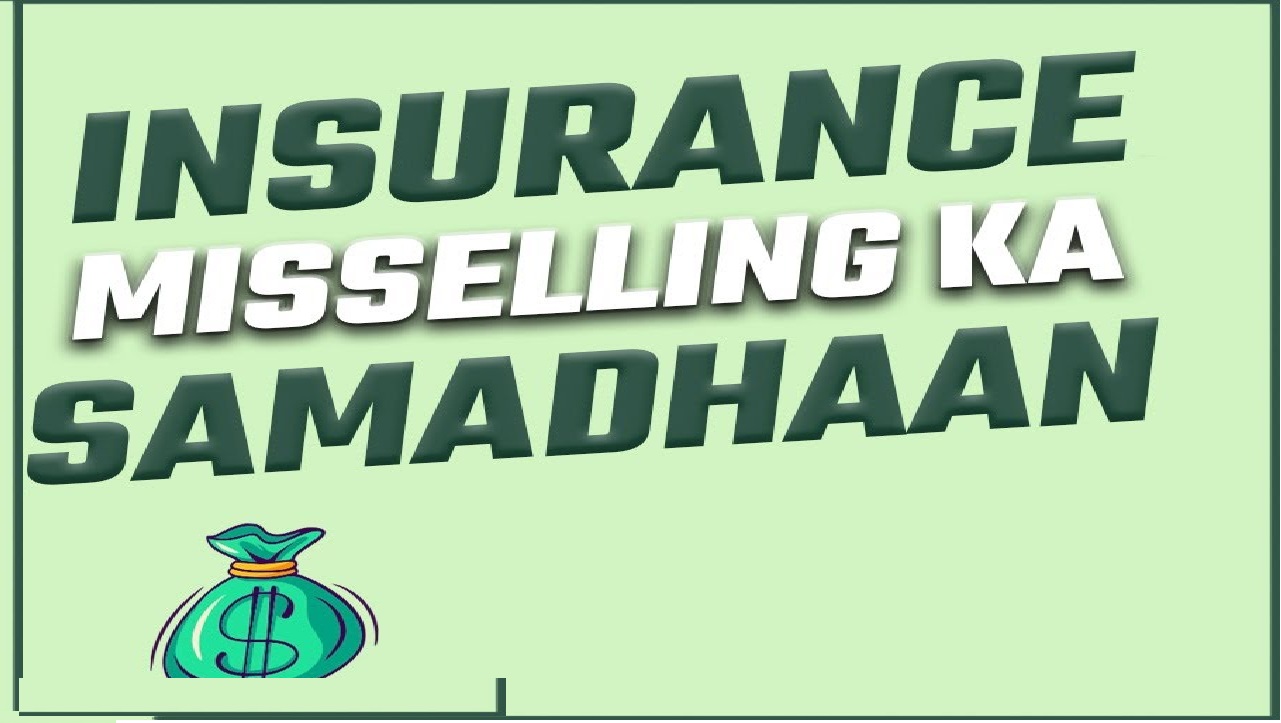Insurance is a useful financial element that shields a person and their family from any unforeseen risks. However, a large percent of individuals have been victims of insurance mis-selling and thus buy products that they do not need or suit them. To avoid being a victim of such a practice, you need to factor in your current source of income and lifestyle and decide on a plan that you feel is best while still focusing on marketing gimmicks. Following the instructions provided within this guide will insulate you from mis-selling while allowing you to get an insurance plan that is worthwhile to your future goals.
Why Insurance Should Suit Your Income
Your income is a crucial factor in the array of choices available to you when picking an insurance plan. It shouldn’t be the case that a plan can be to expensive for you or that it is not able to meet your minimum requirements.
For Lower Income Levels: Individuals with a low income need to look for a comprehensive plan that is able to provide them low coverage. Insurance cover is cheap but this helps the individual be balanced in their income without being negatively influenced by their insurance payments.
For Higher Income Levels: Comprehensive insurance service on the other hand is a must for high income individuals especially if they are already fast earners of above ₹1lakh. Plans such as these are designed for greater financial responsibilities while at the same time assuring that your family is comfortable should you pass away.
Pro Tip: You should always check on the goals and the needs of your family before you select the amount to cover.
Issues Facing High-Income Families
Most of the high-income families have premium liabilities and assets that in turn come with responsibilities such as providing education for their children, significant expenditure, and home or business mortgage. In such situations, adequate term insurance coverage is out of question.
As per Rhishabh Garg, Head of Term Insurance at Policybazaar, “Term insurance gets more important for high income earners because their dependents would want them to get a quality education and have a good standard of living. Insuring these dependents adequately through a term cover ensures that the set goals do not get compromised.”
Important Points:
Lifestyle Costs: The cost of a policy should be adequate in a sense that it manages the current expenses of the family in question.
Financial Liabilities: Total amount of loans being paid should be included in the calculations of coverage requirements.
Risk Factors: Consider the risk of inflation, health-related issues, and economic changes.
Some indirect tax consultants are now selling term insurance with coverage up to ₹20 crores for business people and those with insurance.
The Best Ways to Avoid Mis-sold Insurance
Insurance mis-sold is common mostly because of the selective information a consumer ends up getting from an agent or friend. To ensure this doesn’t happen to you, you need to select a policy after duly evaluating one’s requirement to take insurance.
- Plans Comparison and Research
The time to take different insurance policies is not at the last moment. Take your time to study various policies. Study the offers of premiums, benefits, and riders provided by them.
“Comparing plans can help people determine which policy is appropriate for them, ” says Siddharth Singhal, Chief of Health Insurance at Policybazaar. Use online tools and resources to make the task of comparing much easier.
- Go Through The Policy Documents Very Carefully
Always ensure that you have read the policy statement and you understand it before signing. Focus on:
Inclusions: Ensure that all the important aspects of your coverage are captured.
Exclusions: Always take note of circumstances that may qualify for claim rejection.
- Do Not Make Decisions Based Off Emotions
Emotional sales tactics targeting life insurance policies are common among agents. Make decisions that revolve around recent information and facts and not feelings or even friends and family’s influence.
- Seek Help When Needed
In the case of feeling lost, reach out to a suitable financial consultant who might be able to help you choose a suitable plan.
- Insurance For Being Transparent
In dealing with an insurance decision, one needs to understand the nitty-gritties of the policy as much as the plan bought. It is important to be clear what is part of the policy, what is not, and how things will be done during a claim.
What Are The Major Aspects To Consider:
Policy Term: Set it in context of your strategy on the finances in the future.
Claim Settlement Ratio: Investigate the statistics on how smoothly the provider has been in settling claims.
Extra Riders: Riders such as critical illness rider or accidental death rider add further enhancement to your policy.
To conclude
Buying all right insurance plans won’t be an easy task, but it’s possible with some effort and the right decisions. Making sure that your policy isn’t exceeding your salary, conducting a strict analysis, and exercising caution to the tactics of mis-selling certainly allow you to obtain insurance that will serve the purposes for which it was taken for your family and you. Do not forget that the warranty can only be that insurance policy that is needed not the one which someone is mentally forcing you to purchase.
Today, take charge and protect yourself from falling victim to insurance mis-selling.


